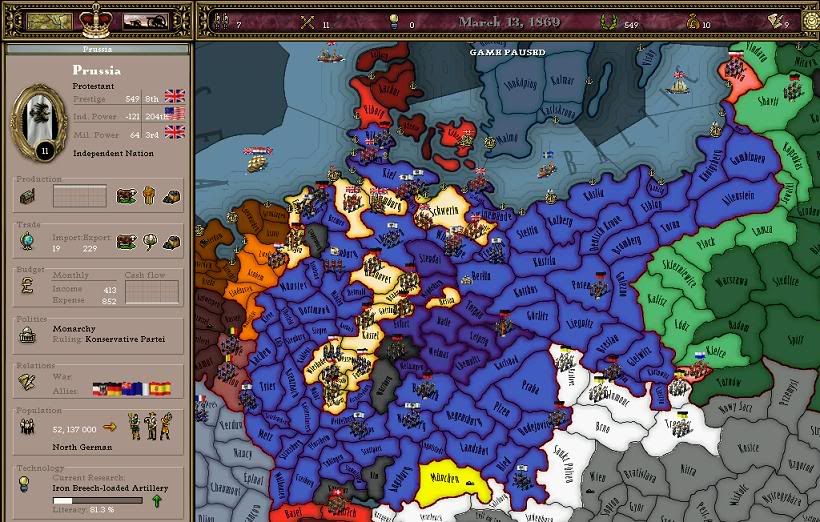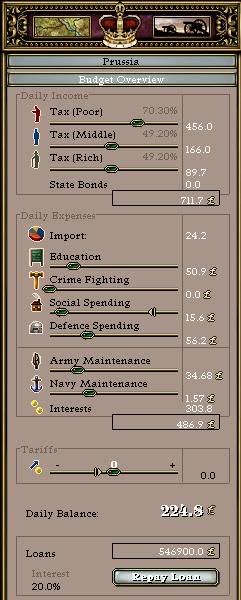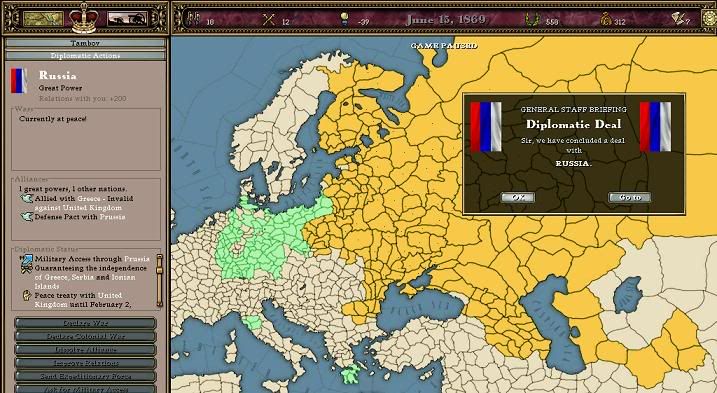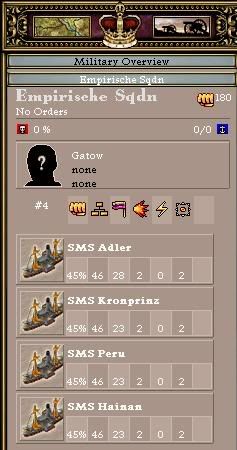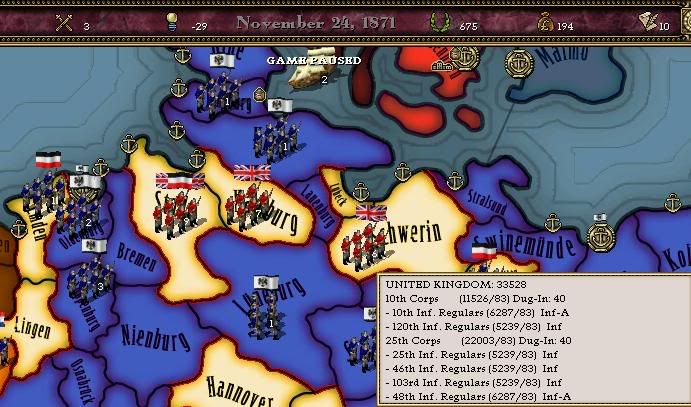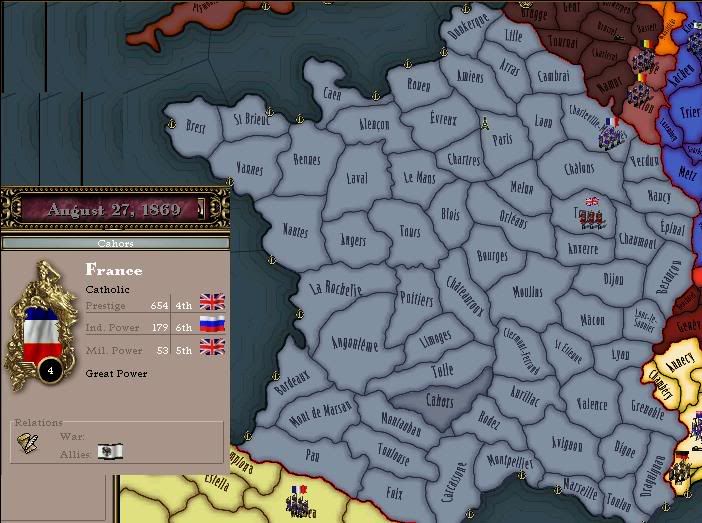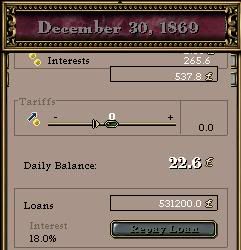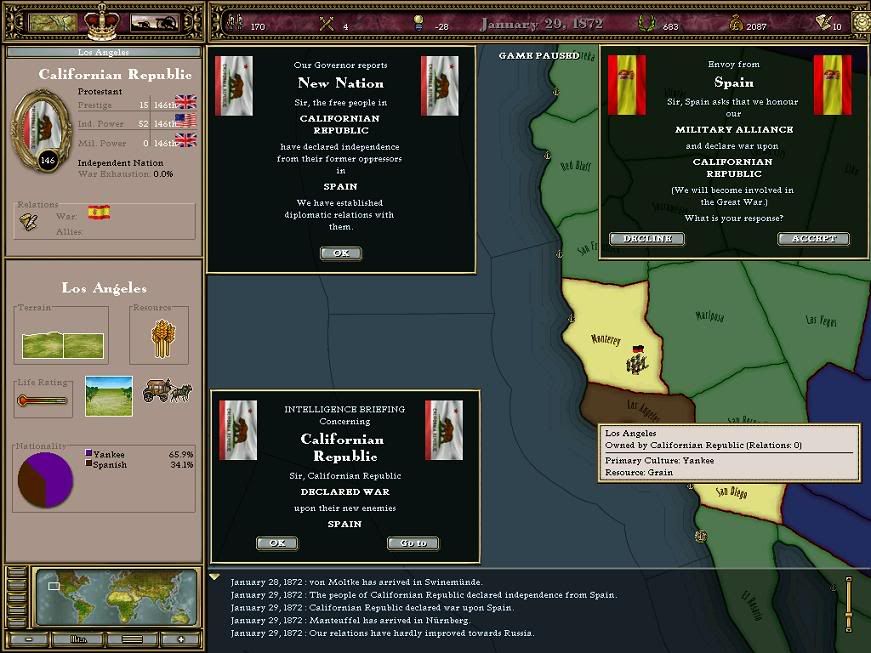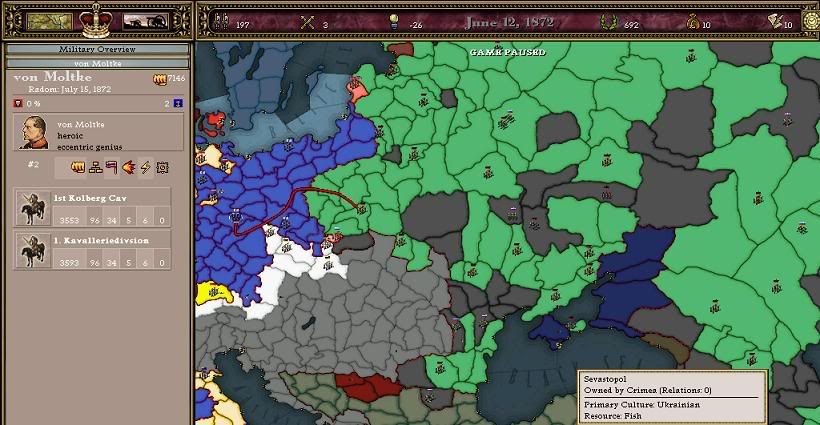Magister Joachim Longanecker, of the Imperial Society, who had become a minor scholar of some note in the three years since he left the Prussian service, sat in a canvas chair next to a similarly seated older man – a French curator of antiquities named Gerard Caraviez. They both leaned back lazily, puffing on tobacco pipes in the tepid evening air. The light on the Hellespont was dimming, and a small campfire burned nearby. Their vantage point overlooked the Dardanelles – the cliffs which watched over the drainage of the Black Sea into the Aegean, via the Sea of Marmara, and which had been the setting of monumental human struggles over millennia of both, recorded and legendary history. The colors at that hour were spectacular, and the two men experienced them through a haze of camp- and pipesmoke.
Around them were the telltales of an archaeological dig. Picks and shovels and brushes, along with dusty baubles and stoneworks that were what remained of an ancient civilization. Many of the Turkish workers had decamped to a party of their own, further down the slope. Nearby, Professor Heinrich Schliemann enjoyed his own pipe and his own view from beside his tent, surrounded also by the peculiar solitude that his eccentric personality demanded at times.
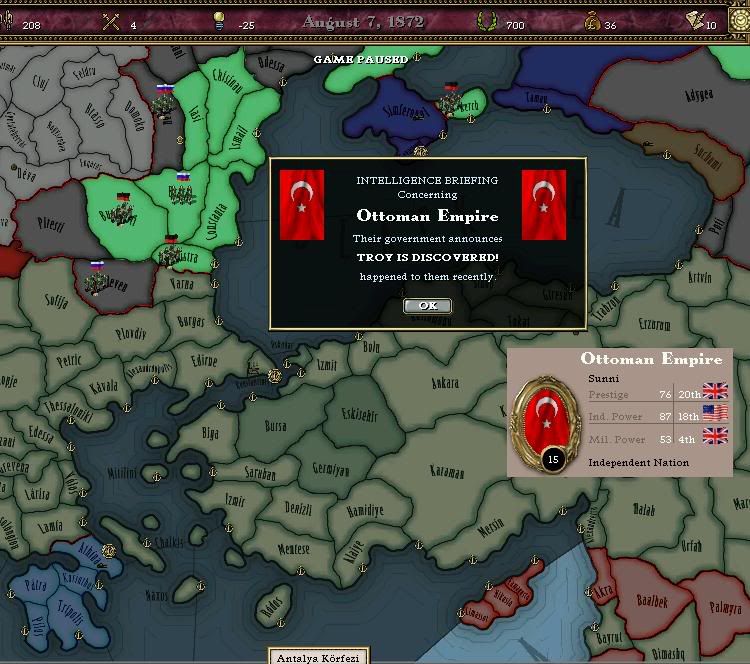
These scholars were all proud of themselves. They had just uncovered what they believed to be the western wall of the Ancient City of Troy. It wasn’t the first major discovery at the site which may have been the setting for Homer’s Iliad, but it was a significant one. More exciting work awaited the next day, and throughout the week. Longanecker, for his part, was glad that he had been able to share in the atmosphere of this place for even just a few months. He had learned volumes from the artifacts, and from his extended conversations with Schliemann.
“So how,” the French professor asked, “is it that you came to know the Professor so well? Wasn’t he in America for some time?”
“Well, yes. And I did see him at the University of Chicago, where he was visiting when I was there. But that was not our first meeting. Would you believe…?” He trailed off. “When I was a footloose youngster of 17, I disguised myself as a Spanish nobleman, and paid passage through much of Russia.”
Professor Caraviez blinked at Longanecker in puzzlement. “Mais… Wouldn’t it have been easier for you to travel as a Prussian? Or as a Detmolder? A culture you knew intimately.”
“Mais non! Because Germany borders Russia, they would have seen that as a threat. Whereas a Spaniard would have less reason to spy upon the Russians. I spoke Spanish fluently, having spent some time in Andalucia, and I had a friend of mine forge documents and a letter of introduction from his father, who was a Don.” Caraviez’ eyes had a propensity to bulge anyway, but they began to exceed themselves. “But I very nearly was caught! I had no idea, the degree to which they will interrogate visitors to Russia at every city and town! I have never before seen a more suspicious, distrustful people…. Or, I should say, government, for these were all agents of the Crown. The Russian people had their own paranoias, but for them it was less a concern that you were a spy against their government as it was that you might be a spy
-for- their government!”
Caraviez was sitting amongst the ruins of Ancient Troy, yet the tale this young man related to him had pushed all of it out of his mind, for it was far less credible to him. Longanecker might as well have been speaking of Cyclops and Minotaur.
“In any case,” Joachim went on, “It was in Minsk that I met the Professor! He was a trade representative for several import-export businesses, and he took me into his home to talk of Spain! As it was – he is a Mecklenburger by birth, you know – he saw straight through all my best deceptions, and recognized the hint of a German accent beneath my Spanish. I tried to explain, but he would have none of it. He was about to throw me out of his house, when I apologized and explained who I was, and that I was traveling the world to learn about its cultures and history. He said he had done the very same, and instantly his anger turned to affection. We were kindred spirits, this older man and me.
“After we talked a long time, I told him that I wished to enter a university, and that I was hurrying to finish my travels before doing so. He said that he knew a professor – Ulbrecht, you know – who headed the Imperial Society at Gottingen, and that he would like to give me a letter of introduction so I could study with him!”
Caraviez was finding this tale of Longanecker’s early education fascinating, but they were interrupted by a Turkish runner, who handed the younger man a telegram. Upon tearing it open and examining its text, Longanecker frowned and pursed his lips in silent query. “Will wonders never cease!” He would have been angry if he weren’t so stunned by coincidence. “I have just received a telegram…” he trailed off. In the few years since he had contracted with Minister Rensselaer to become a confidential informant to the Prussian Crown, he had learned the criticality of discretion. Remarkably, the telegram instructed him to return to service in the Prussian cavalry, and assigned him to thereby reconnoiter and collect intelligence in the very same regions of Russia about which they had just spoken! “…I am being recalled to the Cavalry. They apparently have some urgent need for my knowledge of languages.”
As they parted, so Longanecker could get some sleep and depart in the morning, Caraviez thanked him for his companionship, and invited him to stop in at Paris when next he was there. Or even to stay as an adjunct at the Louvre, where he managed the collections for the Ancient Orient. They bade each other good travels.


